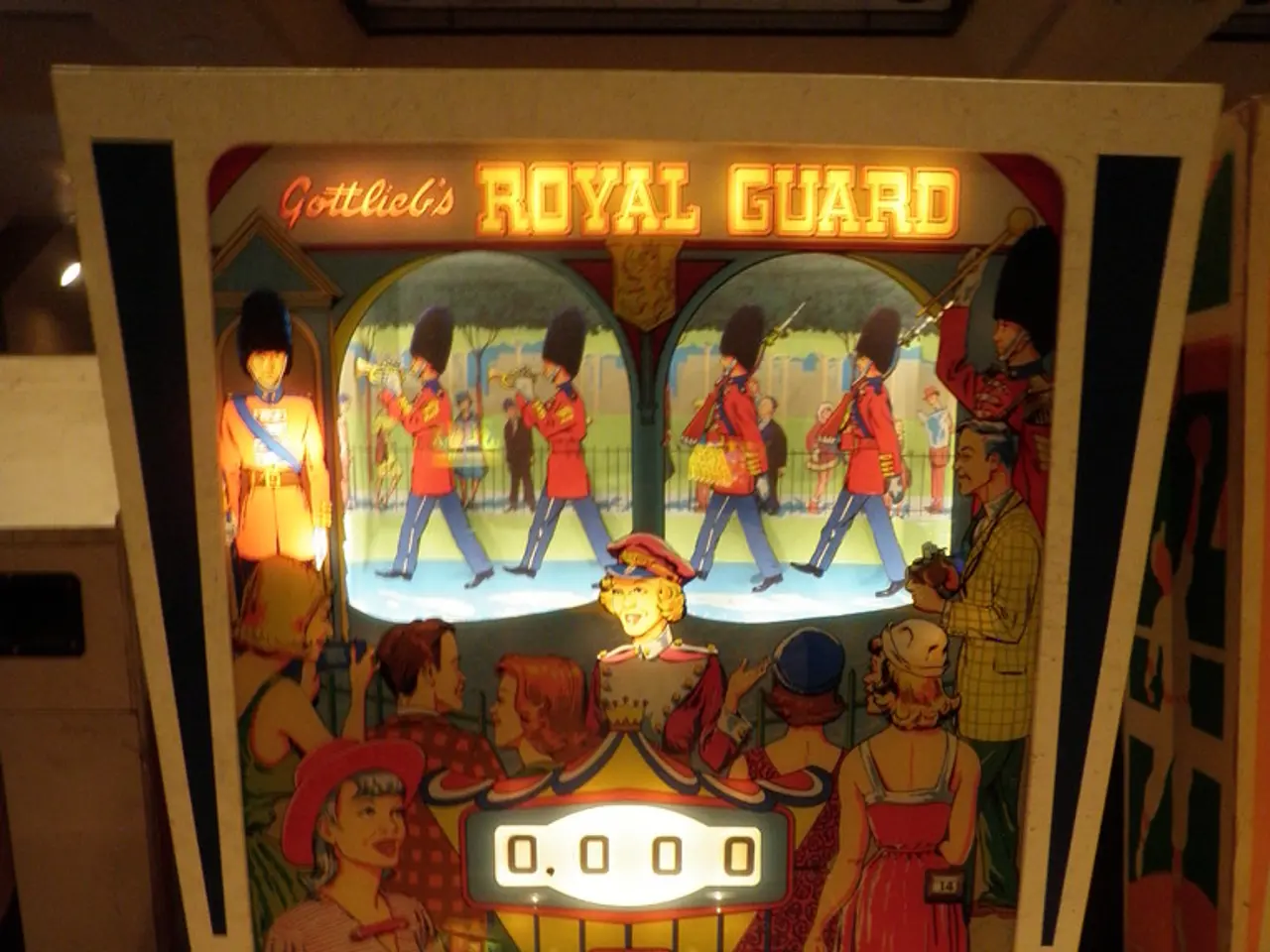Nvidia acknowledges discontinuation of Game Ready driver support for Maxwell and Pascal graphics cards, with optimized drivers to be provided until October 2025.
Nvidia Announces End of Game Ready Driver Support for GeForce GTX 1080 Ti and Older GPUs
Starting in October 2025, Nvidia will discontinue new Game Ready driver development and support for the GeForce 10-series GPUs, including the GeForce GTX 1080 Ti. This decision has significant implications for users of these older GPUs.
After the cutoff, the GTX 1080 Ti and other Pascal-based cards will no longer receive Game Ready Drivers that improve frame rates, fix game-related issues, or optimize their performance for newly released titles. However, Nvidia will still provide limited security patches for these GPUs for three years after the cutoff, focusing on vulnerability fixes rather than performance or feature enhancements.
Existing games and many newer titles will still run on the GTX 1080 Ti, but without updated drivers, users may not benefit from smooth performance or new game features introduced after October 2025. Additionally, without driver optimizations, these GPUs may be more exposed to technical exploits and could encounter compatibility problems with future games and new Windows OS versions.
Nvidia positions this as an extended lifespan beyond industry norms, with support for the GeForce 10-series having lasted about 11 years. Users relying on these GPUs may need to consider upgrading if they want continuing performance enhancements and security beyond 2028.
It's worth noting that Nvidia will continue to provide Game Ready drivers for supported cards on Windows 10 through October 2026, a year after Microsoft ends Windows 10 support. However, the GTX 10-series support ends aligned with Windows 10's lifecycle.
The decision to end Game Ready driver support for the GeForce 10-series, Maxwell, and Pascal GPUs was confirmed in Nvidia's recent announcement. While this change will affect a huge number of users, as Windows 10 still has about 50% of the desktop operating system market, Nvidia is offering support for a year while users consider their path forward if they can't or won't update their gaming rig to Windows 11.
Ray tracing is not yet a mandatory part of the PC gaming experience, but more AAA titles might impose this requirement going forward. For example, Doom: The Dark Ages and Indiana Jones: The Great Circle are games that mandate graphics cards with ray-tracing acceleration. Even seven-year-old Turing cards can enjoy the world-class image quality of the DLSS 4 upscaler and its transformer architecture. Pascal gamers can run AI-powered upscaling with Intel's XeSS DP4a model in titles that support it.
In summary, the GeForce GTX 1080 Ti will remain functional but without new game performance improvements after October 2025, receiving only security patches for three more years before full driver support ends in 2028. This signals an eventual need for users to upgrade hardware to maintain a cutting-edge gaming experience and security.
Technology advancements may necessitate the need for users with GeForce GTX 1080 Ti and older GPUs to upgrade their gadgets, as new games might require more modern hardware with features like ray tracing. Despite the discontinuation of Game Ready driver support for these GPUs from October 2025, they can still run existing and some new titles with limited performance and security updates for the following three years.




